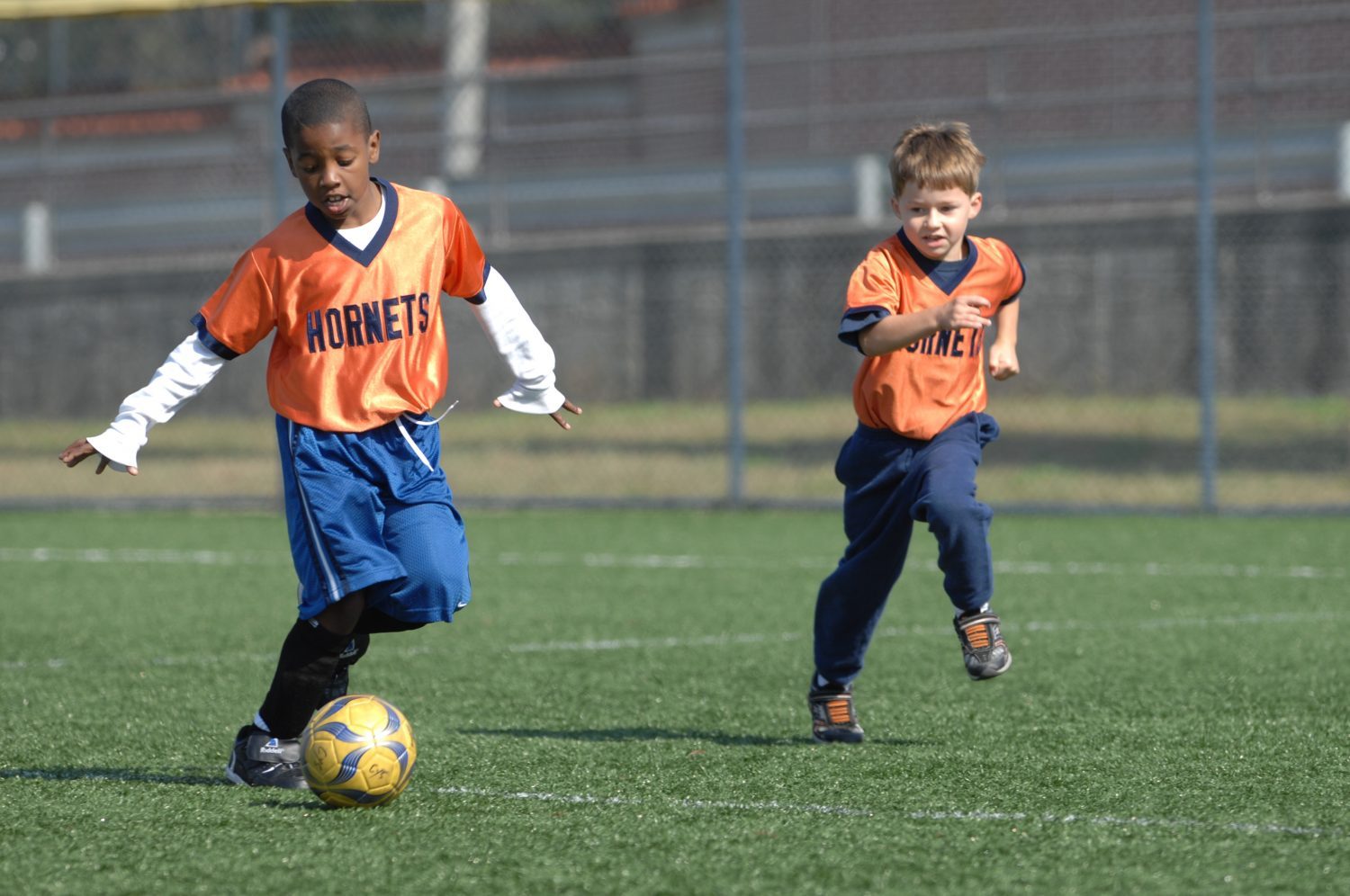Unhealthy kids trending due to lack of outdoor play


Canadian kids are dangerously unhealthy. There’s no way around the issue — they simply don’t get enough exercise.
ParticipACTION, in a recent study, gave Canadian kids a “D-” letter grade for physical activity, stating that they’re towards the “bottom of the pack,” alongside countries such as England and the United States in terms of children’s activity.
This dismal record for health is not a recent trend: Canadian kids have received the same grade for four consecutive years. Gone are the days of free, unstructured play, with tablets and gaming consoles replacing the football and skipping rope.
For a nation that swears by the benefits of programs such as universal healthcare and community physical activity programs, the reality is shocking.
With only nine per cent of children between the ages of five and 17 getting the exercise they need in order to develop physically, it should hardly be a shock that the prevalent diseases associated with obesity have drastically increased in just the last few decades.
The problem doesn’t seem to have any end in sight, however, as budget cuts to school boards usually hit the physical education departments.
Winnipeg school division trustees announced this March that senior-year high school students would be allowed to receive academic credit for playing on extracurricular teams.
The problem with this new measure is that if English classes were removed from the curriculum and students received credit for reading books over the weekend, parents would be outraged.
To most parents, it doesn’t really matter what their child scores in gym class. In their eyes, the chances of success in gym class leading to a better quality in life are much lower than an equivalent success in science and math classes.
Parents, and thus by extension trustees and school boards, feel comfortable defunding physical education classes.
The link between physical exercise and positive mental health should not be ignored, with studies showing the relationships between exercise and heightened self-esteem, as well as a better performance in school.
The truth is, children today in most developed countries are conditioned to be sedentary — and therefore, unhealthy.
As children grow, pacifiers take the form of tablets, television and more screen time. They are conditioned to believe that exercise isn’t necessary and is something that only kids interested in sports should do.
Thus, bones and musculature and perhaps even self-esteem don’t develop to their greatest extent in children.
Something is lost when the spirit of play departs from a generation. The link between personal health and fun is lost.
Sedentary kids become sedentary adults and sedentary adults see exercise as work, not play. Kids need play in an unstructured format.
Otherwise, the love and joy of physical health is lost and another generation of unhealthy habits comes into the fray.


